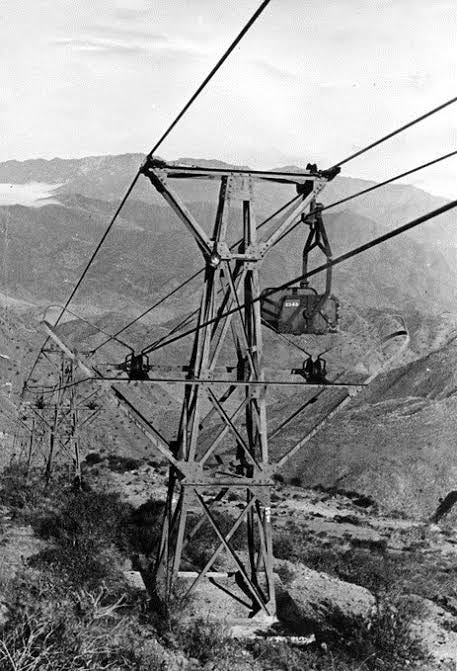There are countries you can visit, and there are countries you can know. Eritrea is neither.
It exists in the shadows, a nation so tightly sealed that even the most seasoned analysts struggle to say with certainty what goes on behind its heavily policed borders. It is a country without foreign investors, without journalists, without free press. A country where young men disappear into the endless, brutal grip of national service, where satellite images are more reliable than official statements, where the government dictates even the smallest aspects of daily life.
Eritrea is not just another authoritarian state, it is something stranger, something more absolute. A fortress, a ghost, a nation that seems to exist outside of time.

A History Written in Blood
At the beginning of this year, I picked up “I Didn’t Do It for You”, Michela Wrong’s masterful account of Eritrea’s formation1, and I found myself drawn into the impossible contradictions of this country’s past. Few nations have fought as hard for independence as Eritrea. For three decades, its people waged one of the longest liberation struggles in modern history. First, against Ethiopian annexation. Before that, against Italian fascists, British imperialists, and American Cold War opportunists. Victory came in 1991, a testament to the resilience and discipline of the Eritrean People’s Liberation Front (EPLF).
But independence did not bring freedom. Instead, the same iron discipline that had won Eritrea its sovereignty calcified into a paranoid and uncompromising state. Isaias Afwerki, the guerrilla commander turned president, never stepped down. Elections never came. The constitution was never implemented. And so Eritrea remains at war. Not with Ethiopia, not with the world, but with its own people.
A Nation in Chains
Most African autocrats at least pretend to be something else. They hold sham elections, invite in foreign dignitaries, allow just enough opposition to maintain the illusion of choice. Eritrea does not bother. It is ruled not by laws but by edicts, the whims of a single man whose grip has not loosened in over three decades.
For ordinary Eritreans, the defining reality of life is national service, an indefinite conscription that can stretch for years, even decades, a system so cruel that thousands risk their lives fleeing across the Sahara or into the Red Sea. Soldiers are not just made to fight; they are sent to work in state-run farms, construction projects, or government factories, paid little to nothing, trapped in a cycle of forced labor with no end in sight.
The outside world barely notices. Eritrea is too closed, too isolated, too inscrutable. It does not have the chaotic violence of Sudan or the strategic importance of the Horn’s other players. It exists in quiet suffering, its people imprisoned within borders that no one is allowed to cross freely.
What Goes On There?
And so the question lingers: what is Eritrea, really?
A military dictatorship? Certainly. A failed state? Not quite. A totalitarian regime? Perhaps, but unlike North Korea, it does not even seek the world’s attention. It exists with a stubborn, almost monastic detachment, a government whose only ideology seems to be survival. It is not socialist, nor capitalist, nor nationalist in any real sense. It does not promise a better future. It does not even promise a future at all.
Perhaps that is the secret of Eritrea’s endurance. Where other dictatorships crumble under the weight of their own contradictions, Eritrea has no contradictions, only a bleak, relentless logic. The state does not fail, because it does not aspire to do anything beyond control. The economy does not collapse, because it has never been allowed to function independently. The people do not revolt, because they have been conditioned to endure, or else they flee.
The Black Hole of Africa
There was a time when Eritrea was seen as Africa’s Singapore-in-waiting, a nation of disciplined, industrious people poised to become a regional success story. Those days are long gone. Now, Eritrea is a black hole, an outlier even in a region known for strongmen and instability.
Someday, the walls will crack. No regime lasts forever. But the collapse of a hermit kingdom is never gentle. And when Eritrea finally opens, when its archives are unsealed, when its exiles return, the world will come to know a truth more chilling than speculation ever allowed.
**********
For Loise Lane, who buys me interesting books.
https://www.amazon.com/Didnt-Do-You-Betrayed-African/dp/0060780932





“ The state does not fail, because it does not aspire to do anything beyond control “
Spot on! Explains the little to no development since independence.
Absolutely!